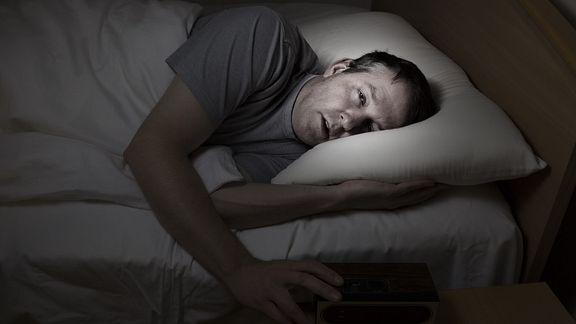
- updated: Apr. 14, 2022
- Neck Pain, Sleeping Tips, Spine Health, None
If you struggle with not getting enough sleep at night, you may have considered adding a nap to your daily schedule.
Individuals with chronic pain frequently report trouble falling asleep and staying asleep at night.
See Chronic Pain As a Disease: Why Does It Still Hurt?
We are here to help, so read on to learn more about whether napping during the day is a good idea
The benefits of a power nap
Some people simply do not have the opportunity to get 8 hours of sleep each night. For example, if you recently had a child you may be lucky to get 4 to 6 hours of sleep.
In this case, you may benefit from a 20 to 30 minute power nap during the day. A short power nap may provide:
- Enhanced concentration and alertness
- Enhanced recollection
- Improved stress-coping levels
- Increased stamina
- Sharpened motor skills
So then, a short power nap may provide the needed boost to get you through your day.
If you want to give power napping a try, make sure to find a quiet space where you won't be interrupted, and limit your nap to 30 minutes. Any longer and you may wake up feeling more tired and less alert.
See Psychological Techniques, Sleep Environment, and Better Sleep
The importance of good sleep hygiene
Practicing good sleep hygiene means that you engage in habits that are conducive to sleep on a nightly basis. These habits include:
- Avoiding the use of electronics in the bedroom
- Limiting your intake of caffeine
- Engaging in a relaxing activity before bed
See Practicing Good Sleep Hygiene
In addition, maintaining a consistent bedtime and wakeup time are often key elements of good sleep hygiene. If your sleep at night is poor, you may try an extended daily nap (2 to 3 hours). However, the more often you take long naps during the day, the more likely this will interfere with your ability to fall asleep at the same time each night. This can start a vicious cycle of poor sleep, more napping, and poorer sleep.
The bottom line
The bottom line is that each person and situation is unique. For example, one person might feel energized after taking a power nap at lunch, and at night they may also find that it does not affect their sleep.
See 11 Unconventional Sleep Tips: How to Get to Sleep and Stay Asleep
But another person could discover that a daily nap makes it harder for them to fall asleep each night, and so it is ultimately counterproductive. Therefore, whether or not it is a good idea for you to nap during the day ultimately comes down to a process of trial and error.
Learn more:
This website includes materials that are protected by copyright, or other proprietary rights. Transmission or reproduction of protected items beyond that allowed by fair use, as defined in the copyright laws, requires the written permission of the copyright owners.






